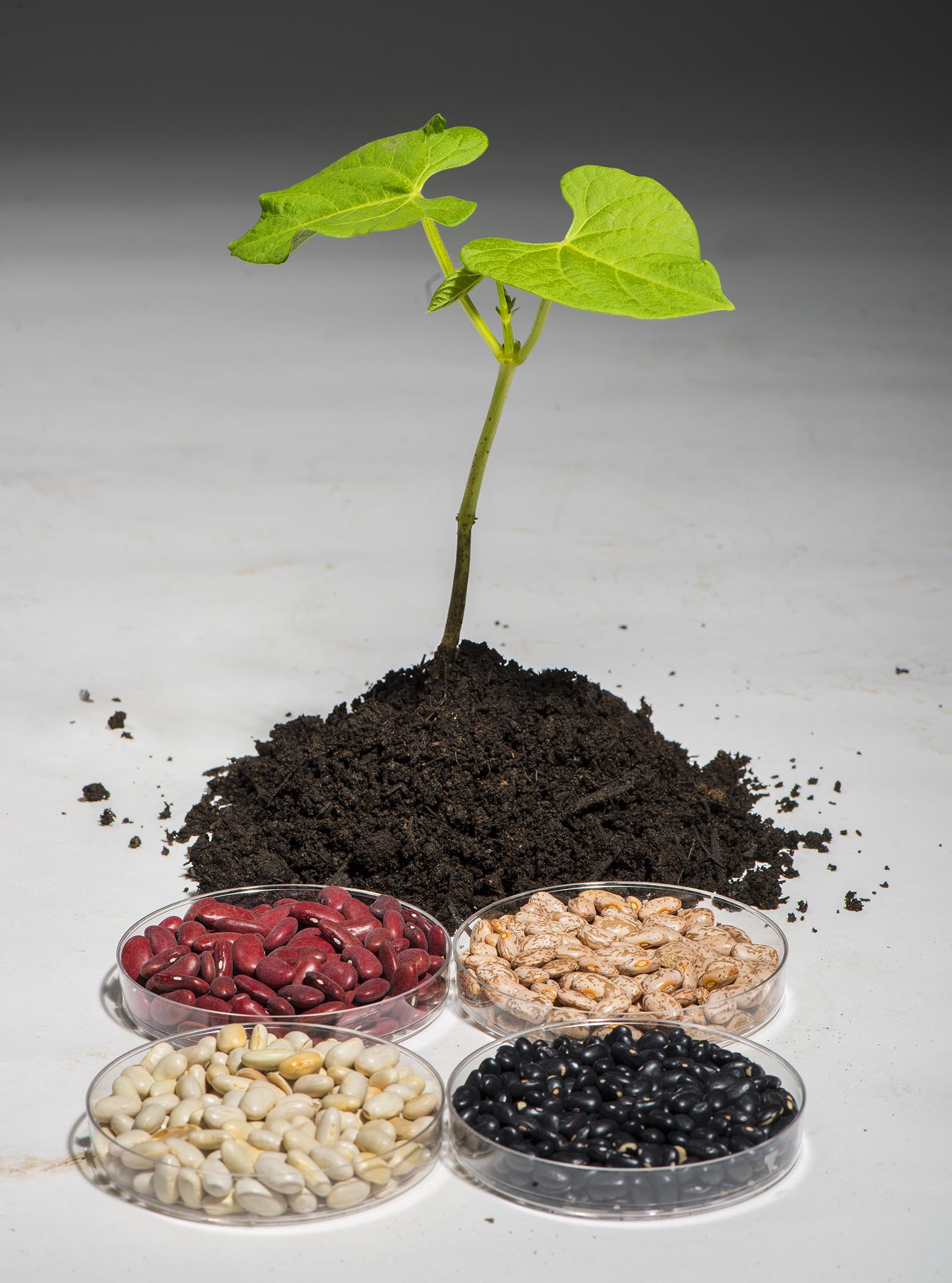 CAES News
CAES News
Common Bean Sequenced
Beans are a staple crop and primary protein source for millions of people around the world, but very little has been known about their domestication or nitrogen-fixing properties until now.

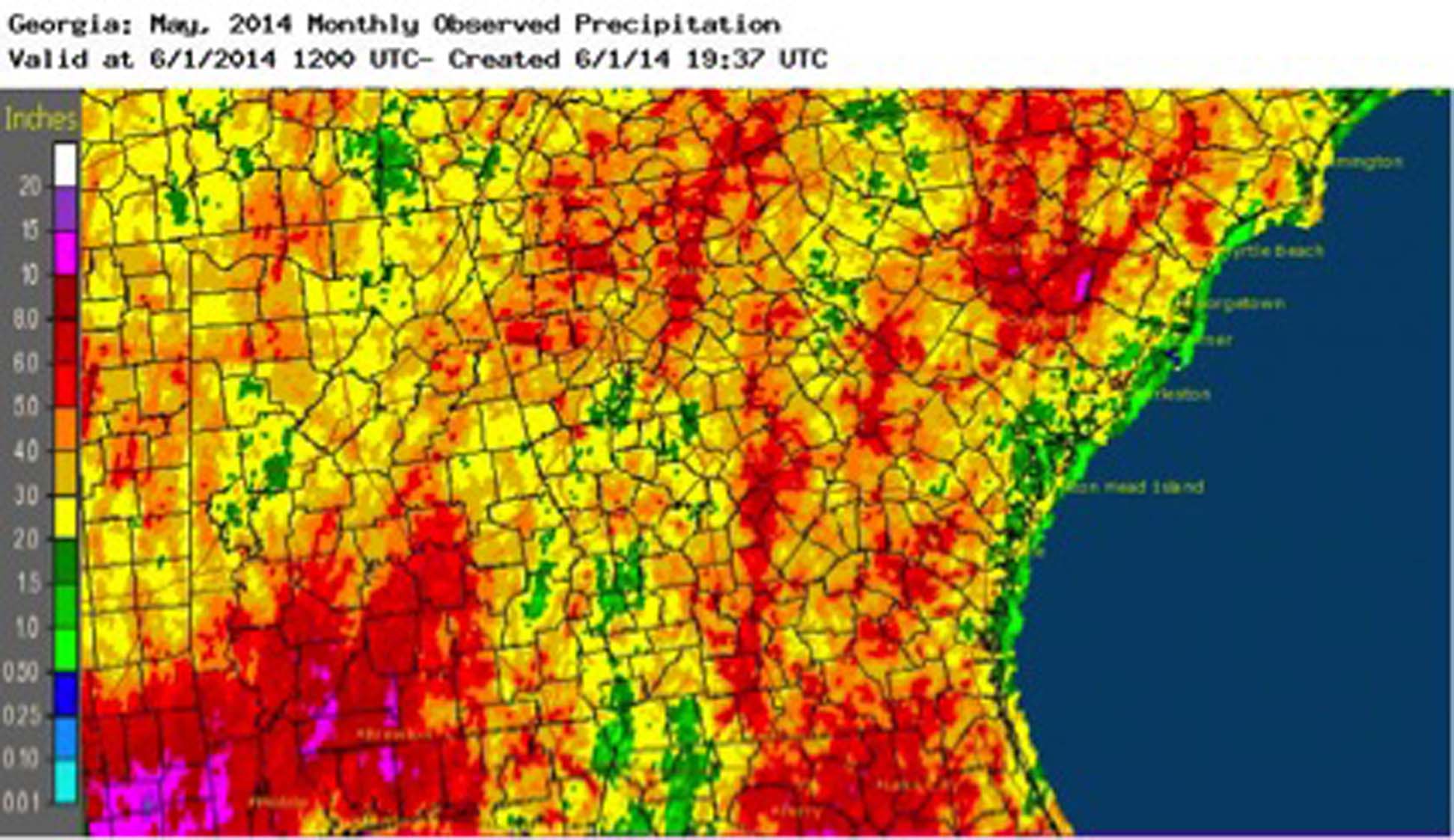
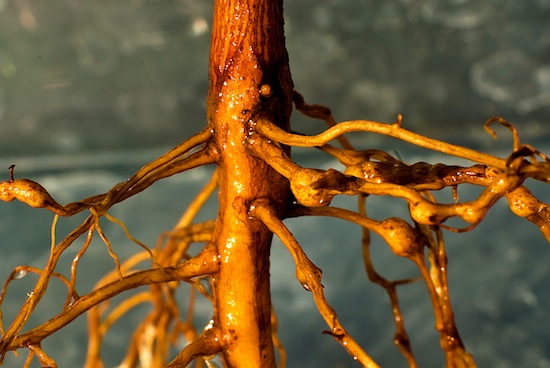
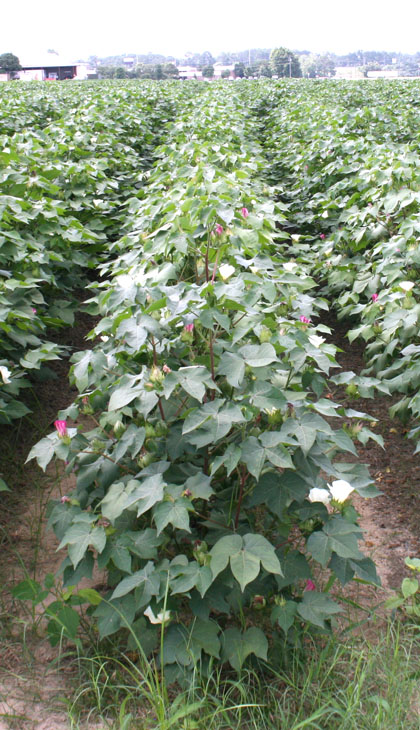
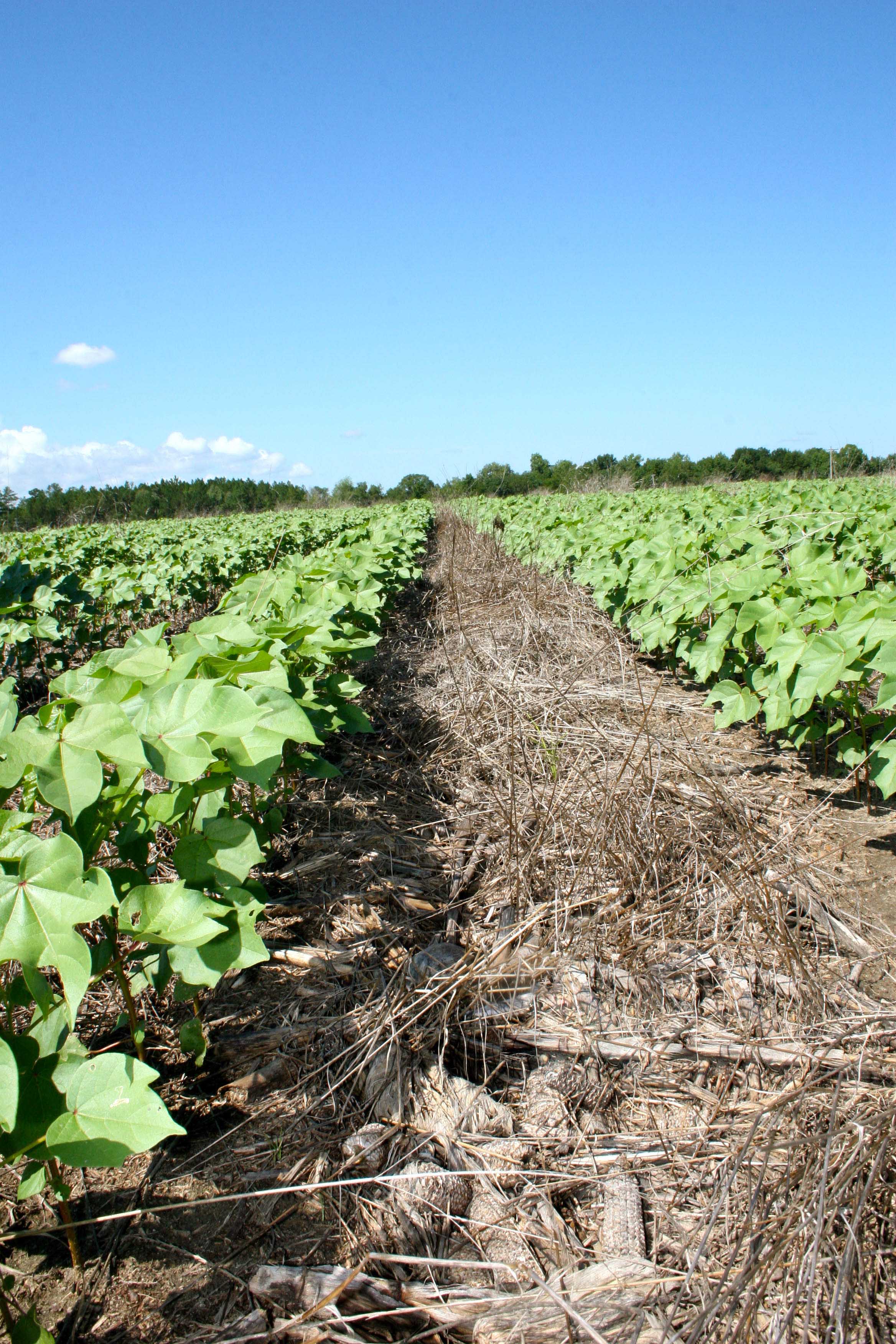
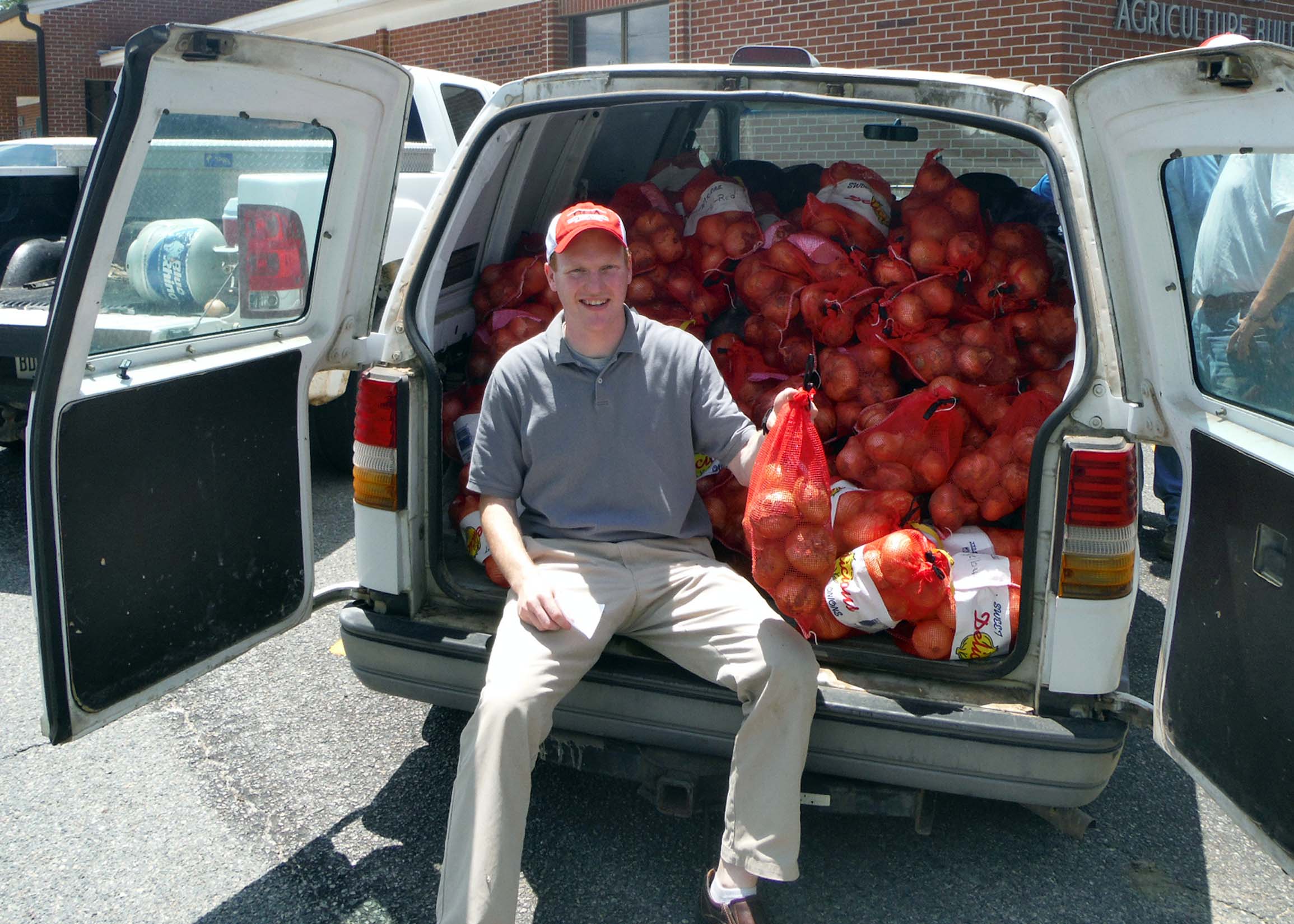
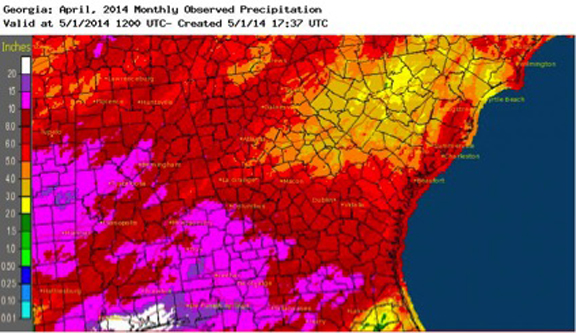
.jpg)